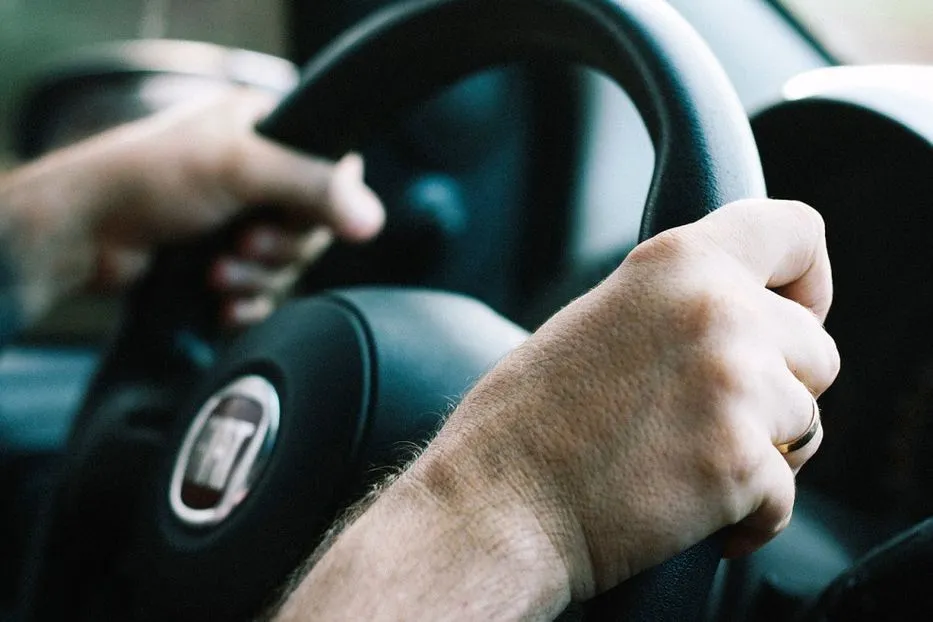Incorrect insulin amounts and other medications to reduce blood sugar can cause dangerously low blood sugar levels, which can make people lose knowledge or suffer seizures, explained the researchers, according to Healthday.
"Individuals with diabetes must recognize that they are part of an immense mass of people whose driving is potentially affected, such as people who suffer from heart disease or narcolepsy. They should not think that they are isolated. It is simply a problem to face," he saidThe author of a new study on diabetes and driving, Daniel Cox, professor of psychiatry, internal medicine and ophthalmology in the health system of the University of Virginia, in Charlottesville.
"We are not saying at all that people with type 1 diabetes should not drive. But, like pilots who use a checklist before the flight, drivers with type 1 diabetes must use a list before driving," he suggested.
Cox explained that some people with diabetes have a higher risk than the average of driving problems.This includes people who have already had a serious blood sugar event (hypoglycemia) while driving, people who poorfeet or legs (diabetic neuropathy), because they cannot feel the pedals.
But doctors do not have a standardized evaluation to determine who has a high risk of accidents related to diabetes and who does not.
Then, COX and their collaborators developed a test of eleven questions, called risk assessment in diabetic conductors (Risk Assessment of Diabetic Drivers, RADD).The researchers administered the test to more than 500 drivers with type 1 diabetes in Boston, the center of Virginia and Minneapolis.
They asked the study participants about their "mishaps" when driving.A mishap when driving, according to this study, was a dangerous driving situation that resulted in an accident or that could have resulted in an accident.
The evaluation identified with precision to 61 % of those who had a high risk of driving problems, and 75 % of those who had a low risk of driving problems.
The second part of the study included almost 500 drivers with type 1 diabetes throughout the country who took the online RADD test.According to the study, 372 had a high risk and 118 were considered low risk.
Half of these people then received routine attention, and others were asked to participate in an online intervention.
The objective of the intervention was to anticipate, prevent, detect and treat hypoglycemia.All intervention participants received a car tools kit.It contained a blood sugar monitor, a checklist before driving, a keychain with a traffic light symbol to remind drivers to stop and treat low sugar in the blood if reading was less than 70 milligrams byDeciliter (mg/dl), or of being careful and eating some foods with carbohydrates before driving if it was between 70 and 90. (Below 70 it is considered that it is hypoglycemia).Above 90 mg/dl it is considered to have green light, Cox said.
The kits also contained a fast -acting glucose product, such as tablets or glucose gel.
"Many people with type 1 diabetes did not know how to treat hypoglycemia properly. They eat something with a lot of fat or protein, and that does not make blood sugar increase quickly. If you want a rapid increase in blood glucose, glucose tablets achieve it, "he explainedCox.
He said that people with type 1 diabetes should always have rapid action carbohydrates in the car.
The study found that the intervention tool helped drivers avoid hypoglycemia while driving.
Dr. Joel Zonszein, director of the Diabetes Clinical Center of the Montefiore Medical Center of New York City, said he was happy to see that the study called attention to the subject."It reminds us that people with diabetes should be evaluated individually, taking into account the medical records of each one, in addition to the potential related risks associated with driving, as recommended by the American Diabetes Association (American Diabetes Association)", he said.
But he added that "patients at risk are few, and are limited mainly to older individuals and those who have advanced complications and type 1 diabetes."
Zonszein said he would like people and their driving capabilities to be evaluated by their doctors or by a certified diabetes educator, instead of an online program.
Dr. Minister Sood, endocrinologist at Lenox Hill Hospital, in New York, agreed that it is important that a doctor or a diabetes educator participate in the process.
"Anonymity (an internet evaluation) could be attractive to patients who feel shame or anxiety about their potential risk. But it would be important for a care provider to have access to the results of the evaluation, to keep the patient out of danger"He stated.
Sood also attended that anyone with "diabetes should always have a rapid action carbohydrate or a glucose source in the car for emergencies."
The study appears in a recent online edition of Diabetes Care magazine.






